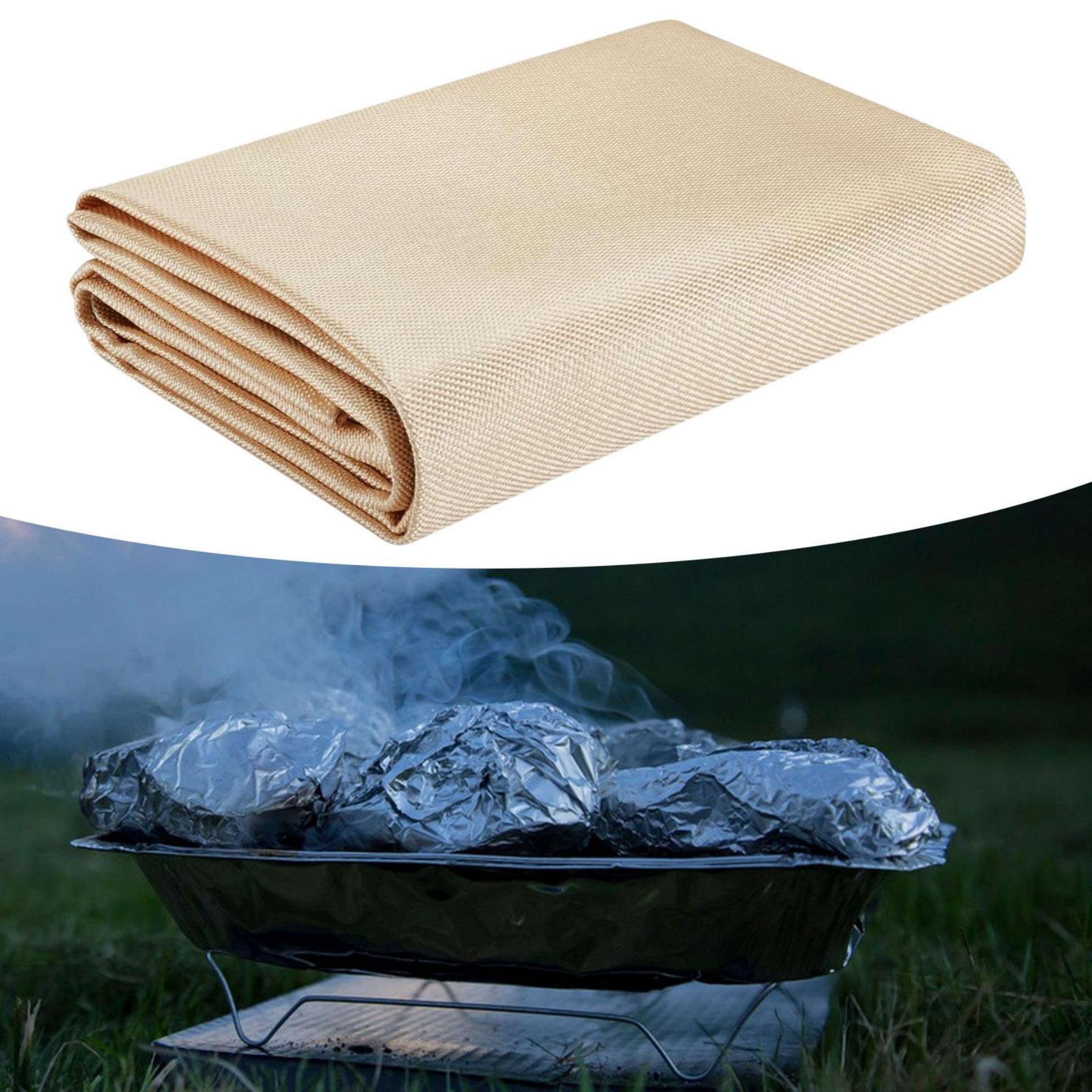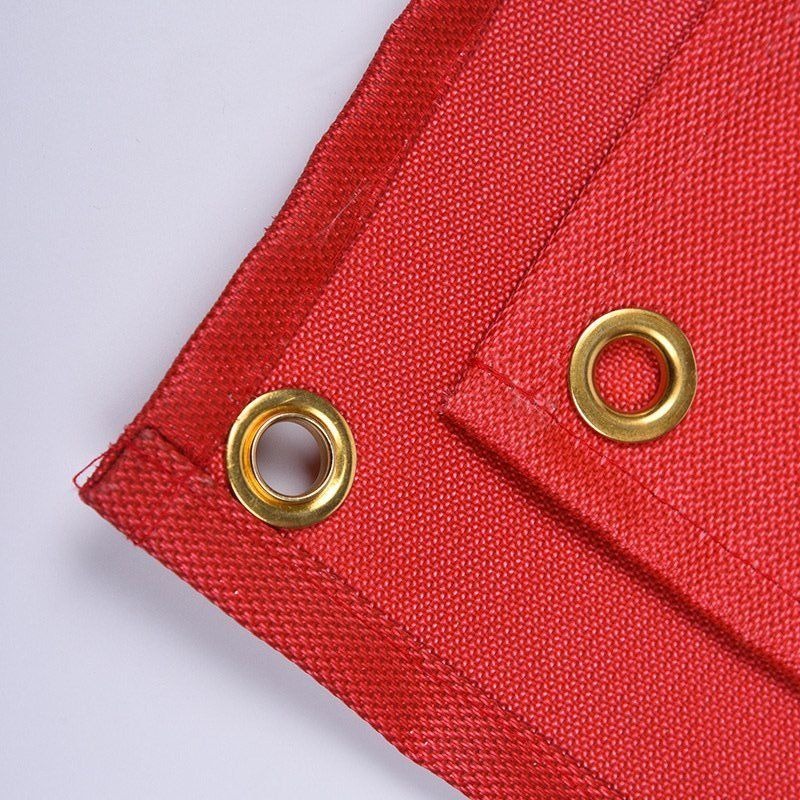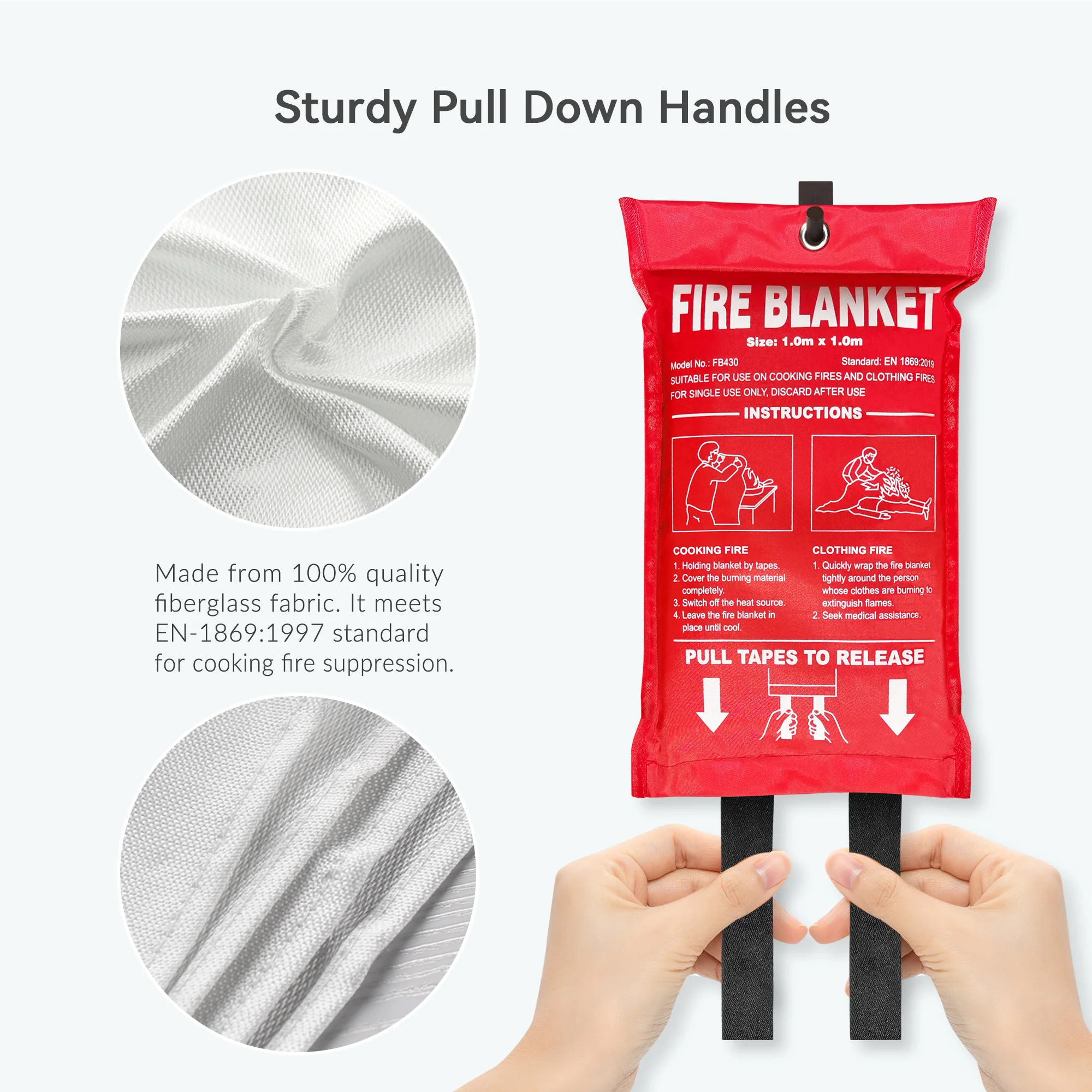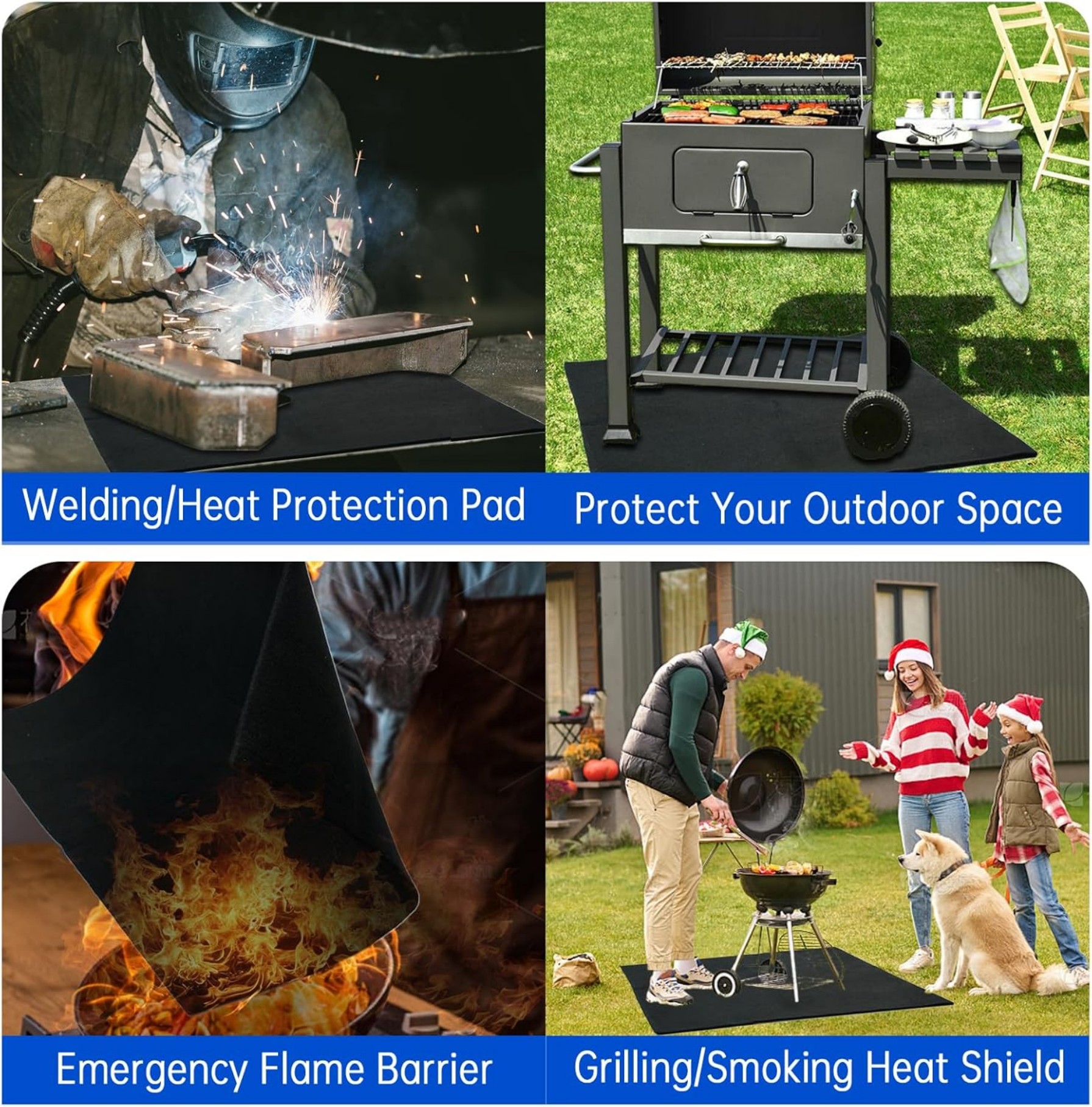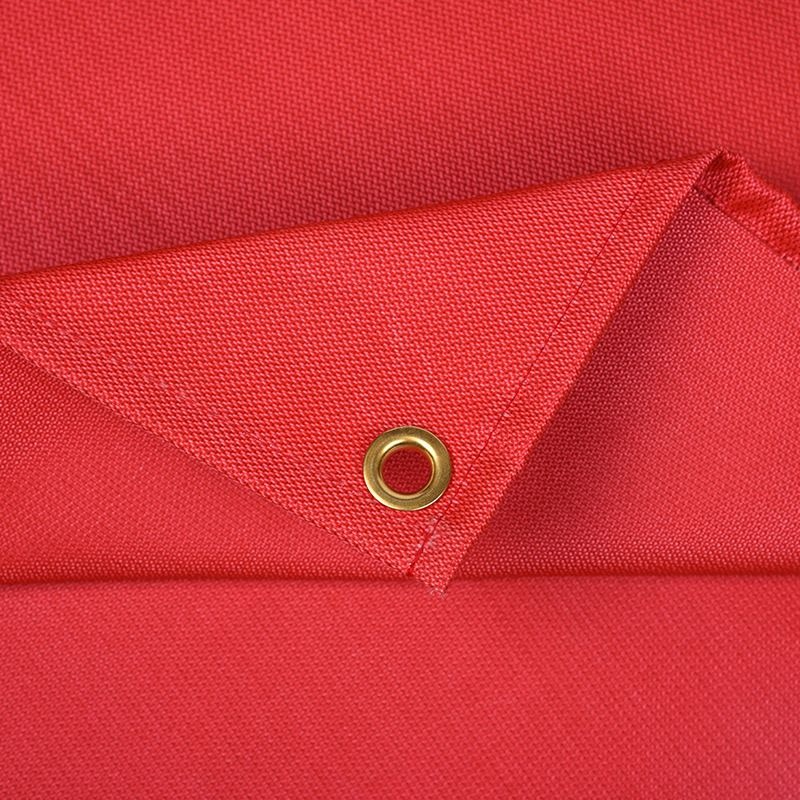Fireproof Welding Blanket Guide: Uses, Benefits and Safety Tips
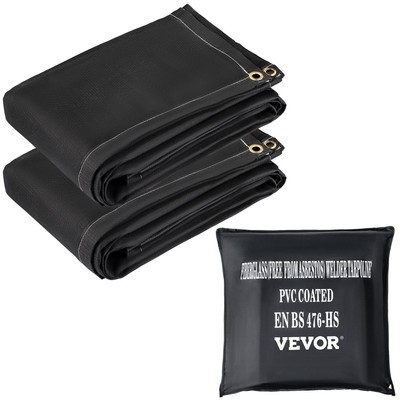
Summary:Fireproof welding blankets protect against sparks, heat and molten metal. They're essential for welding safety in various industries. This guide explains their materials, uses, benefits and how to choose the right one.
What Is a Fireproof Welding Blanket?
A fireproof welding blanket is a protective cover made from heat-resistant materials. It shields workers and surfaces from welding sparks, molten metal splatter, and extreme heat. These blankets are flexible yet durable enough to withstand temperatures up to 2000°F (1093°C).
Key Materials Used
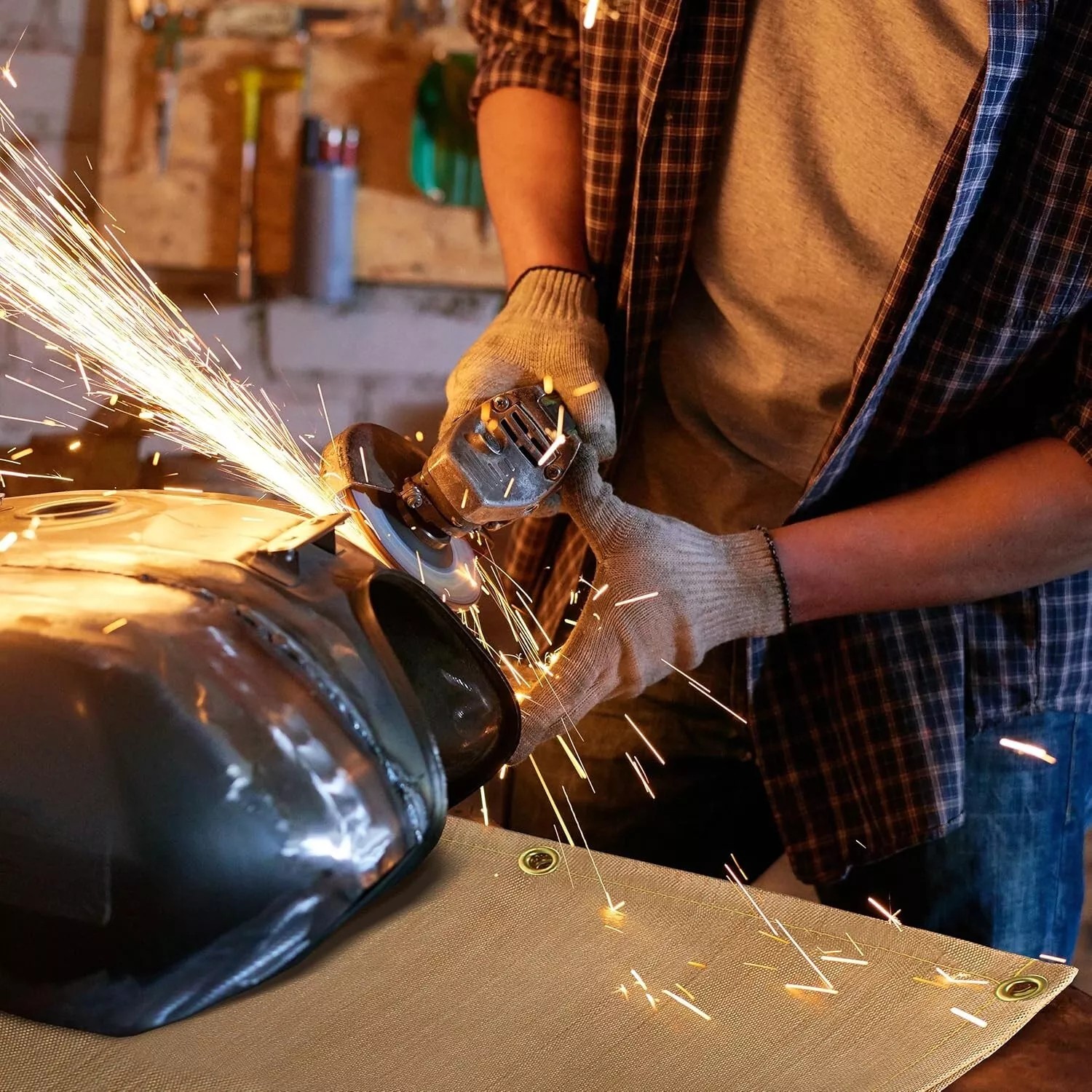
Quality welding blankets use specialized materials:
- Fiberglass:Most common, offers good heat resistance up to 1000°F
- Silica:Handles higher temperatures (up to 2000°F)
- Ceramic fiber:For extreme heat applications
- Carbon fiber:Lightweight option with good protection
Top 5 Uses for Fireproof Welding Blankets
You'll find these blankets useful for:
- Welding protection:Cover floors, walls and equipment near welding areas
- Hot work safety:Use during cutting, grinding or other hot processes
- Vehicle protection:Shield car interiors during mobile welding jobs
- Fire containment:Help control small fires from sparks
- Heat insulation:Protect sensitive materials from radiant heat
Benefits You Should Know
Using a proper fireproof welding blanket gives you:
- Reduced fire risks in your workspace
- Protection for expensive equipment and surfaces
- Compliance with workplace safety regulations
- Reusable protection (with proper care)
- Versatility for different hot work applications
Choosing the Right Welding Blanket
Consider these factors when selecting:
- Temperature rating:Match it to your typical welding temperatures
- Size:Measure your work area to get proper coverage
- Material:Fiberglass for general use, silica for higher heat
- Thickness:Thicker blankets last longer but are less flexible
- Edge treatment:Look for reinforced edges for durability
Proper Use and Maintenance
To get the most from your fireproof welding blanket:
- Inspect regularly for holes or thin spots
- Clean with compressed air or gentle brushing
- Store flat or rolled (not folded) to prevent crease damage
- Replace when you see significant wear or damage
- Never use water to extinguish blanket fires - it can damage fibers
Safety Tips for Maximum Protection
Remember these safety practices:
- Always overlap multiple blankets if needed for complete coverage
- Secure the blanket properly so it doesn't shift during work
- Keep a fire extinguisher nearby even when using blankets
- Wear proper PPE in addition to using the blanket
- Allow hot blankets to cool completely before moving
Common Questions Answered
Q: How long do welding blankets last?A: With proper care, 1-3 years depending on frequency of use.
Q: Can I wash my welding blanket?A: No, washing damages the fibers. Use compressed air or gentle brushing instead.
Q: Are all welding blankets fireproof?A: No, only quality ones with proper certifications. Check the specifications.
Q: What size should I get?A: Measure your work area and add 12-18 inches of overlap on all sides.
Investing in a proper fireproof welding blanket protects your safety and equipment. Choose the right material and size for your needs, use it correctly, and maintain it well for long-lasting protection.


